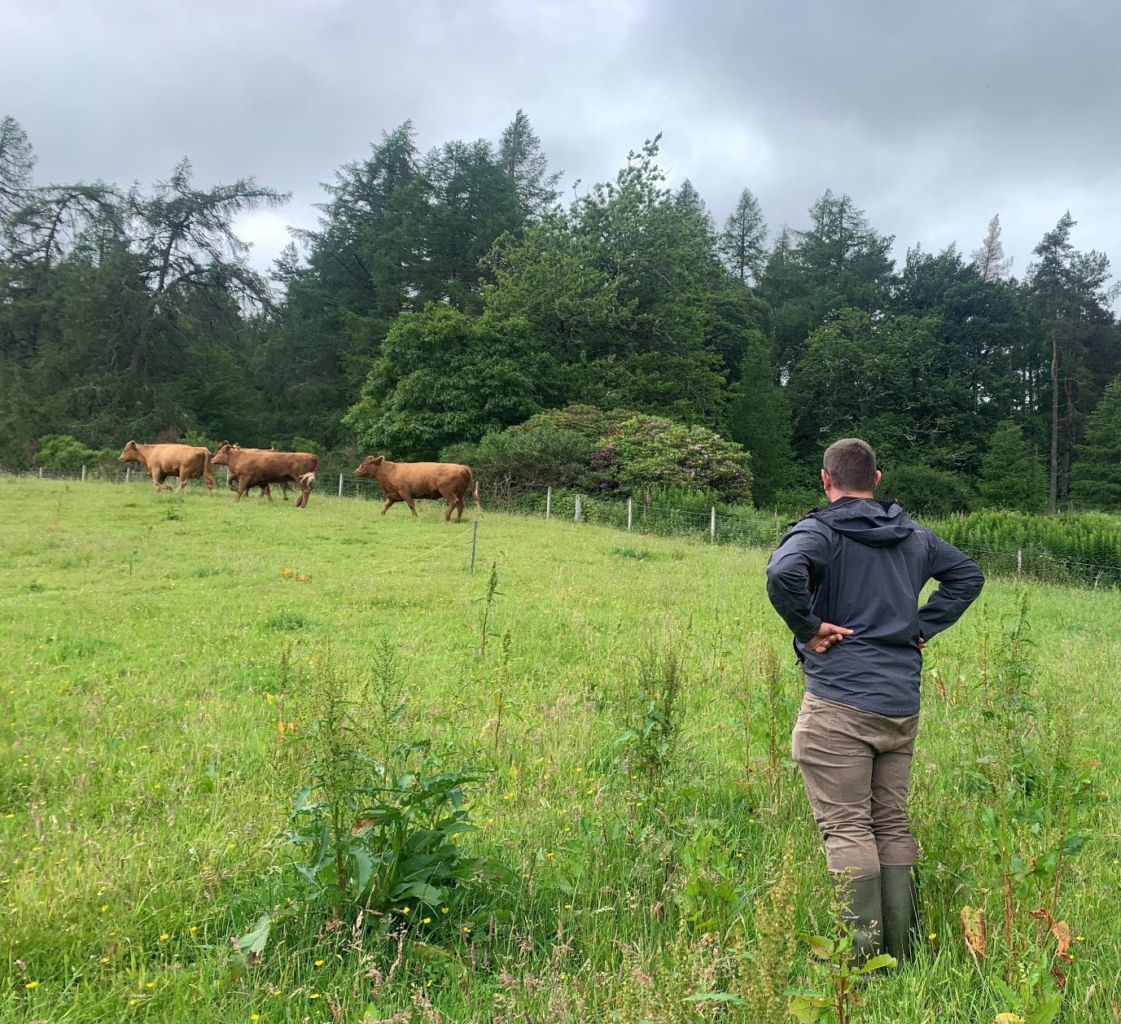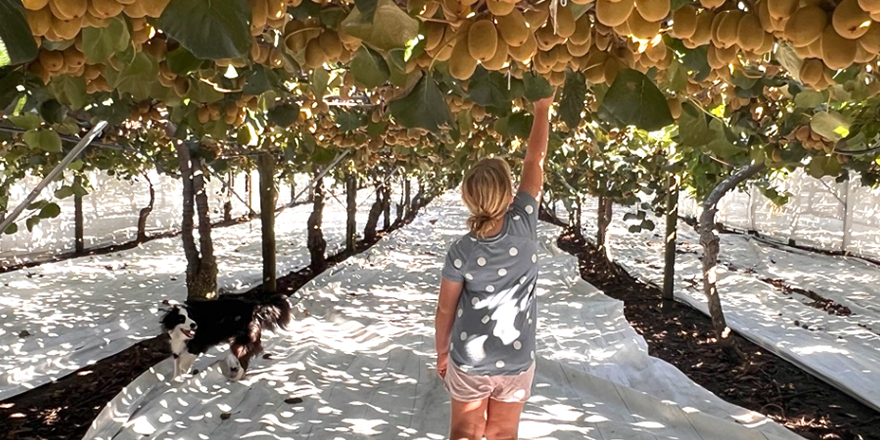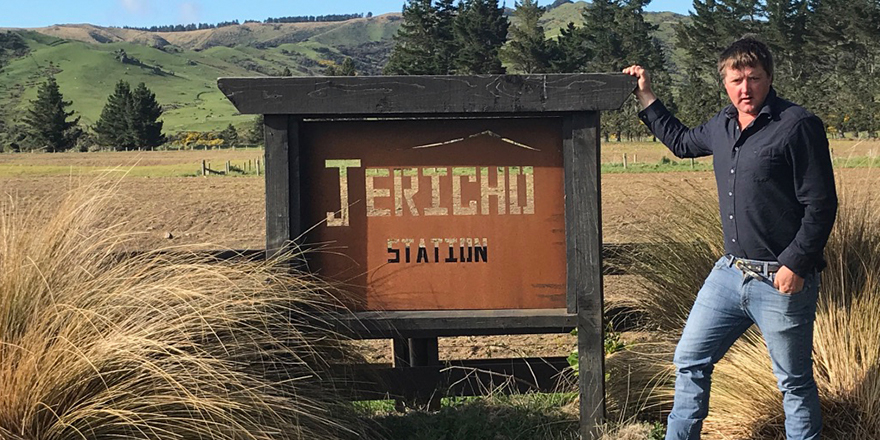Farm succession in New Zealand is a critical issue, with an aging farmer demographic and rising land prices making it increasingly difficult for younger generations to enter agriculture. This report explores the barriers to farm succession and potential pathways for ensuring the long-term sustainability of New Zealand’s agricultural sector.
The report examines the challenges of family farm succession, the growing influence of corporate farming, the affordability crisis in farmland, and alternative succession models.
Historically, farm ownership has depended on intergenerational succession, but rising land values and tighter financial conditions complicate this process.
Succession typically involves three key phases: physical contribution (working on the farm), financial decision-making (taking on financial responsibilities), and equity transition (the formal transfer of farm ownership). However, many succession processes fail due to poor planning, lack of communication, and financial challenges. Key barriers include the reluctance of older farmers to relinquish control, challenges in fairly compensating multiple siblings, and the high financial burden placed on successors.
Successful succession requires early planning, clear communication, and often the involvement of external advisors.
This report highlights the dramatic shift in farmland affordability, with land values rising so quickly that it now takes up to 60 years of savings to afford a farm deposit. As a result, corporate farming structures, which have access to capital and economies of scale, are becoming more common. While these models can improve efficiency, they risk concentrating land ownership and reducing local community decision-making. Key concerns include the loss of family-owned farms, reduced reinvestment in local communities, and a focus on short-term profits over long-term land stewardship.
Alternative succession models, such as share-farming agreements, equity partnerships, lease-to-buy agreements, profit-sharing models, and crowdfunding, offer ways for younger farmers to enter the industry without the capital constraints of traditional ownership. These models enable gradual equity building, risk-sharing, and community support for funding.
To facilitate these models, this report suggests several policy changes, including incentivising banks to accept livestock and plant assets as loan security, government-backed loan programmes, tax incentives for succession planning, and support for financial education. Industry leaders should also encourage a cultural shift toward treating farm succession as a strategic business process.
In conclusion, ensuring the sustainability of New Zealand’s agricultural sector requires fostering diverse, innovative pathways to farm ownership, supported by government, financial institutions, and industry bodies. Collaboration is essential to preserving New Zealand’s farming heritage.
Keywords for Search: Peter Templeton, Tempelton





